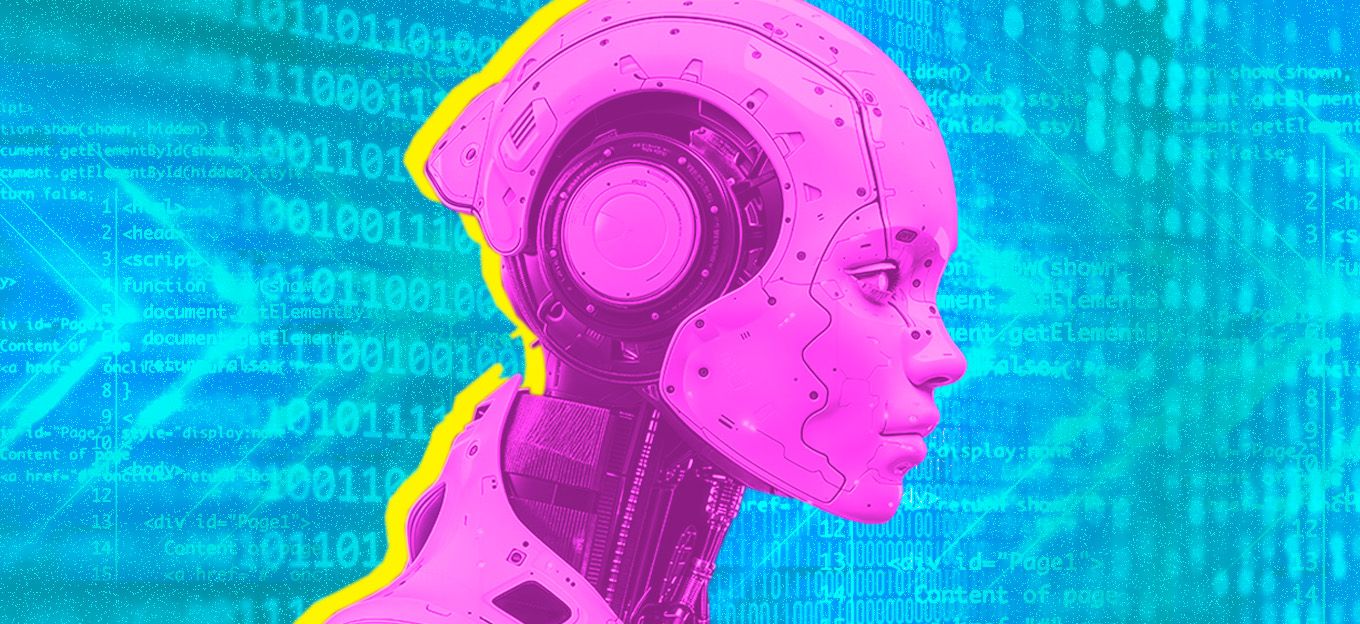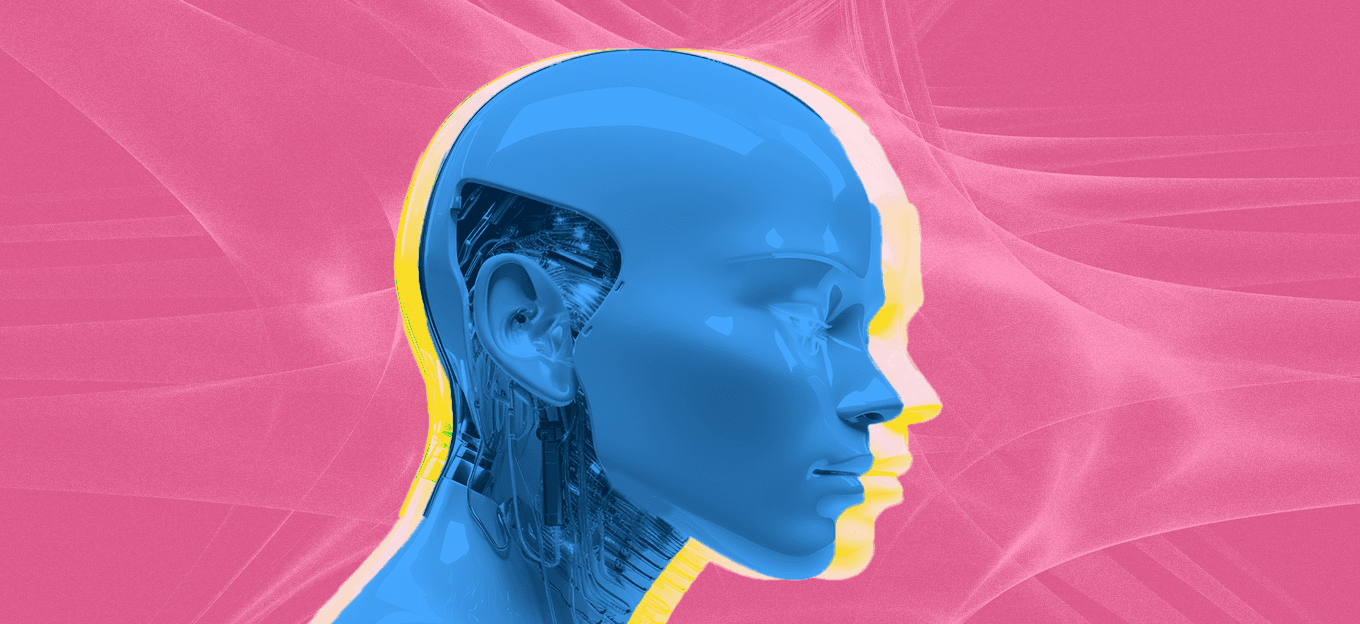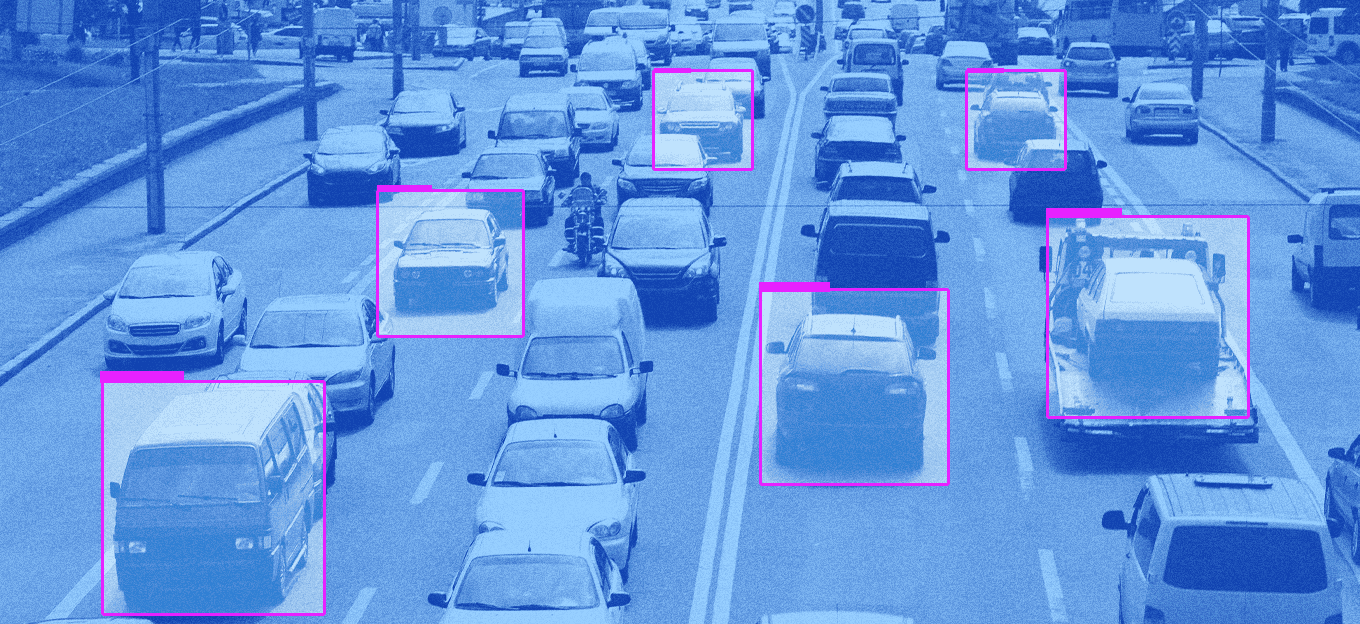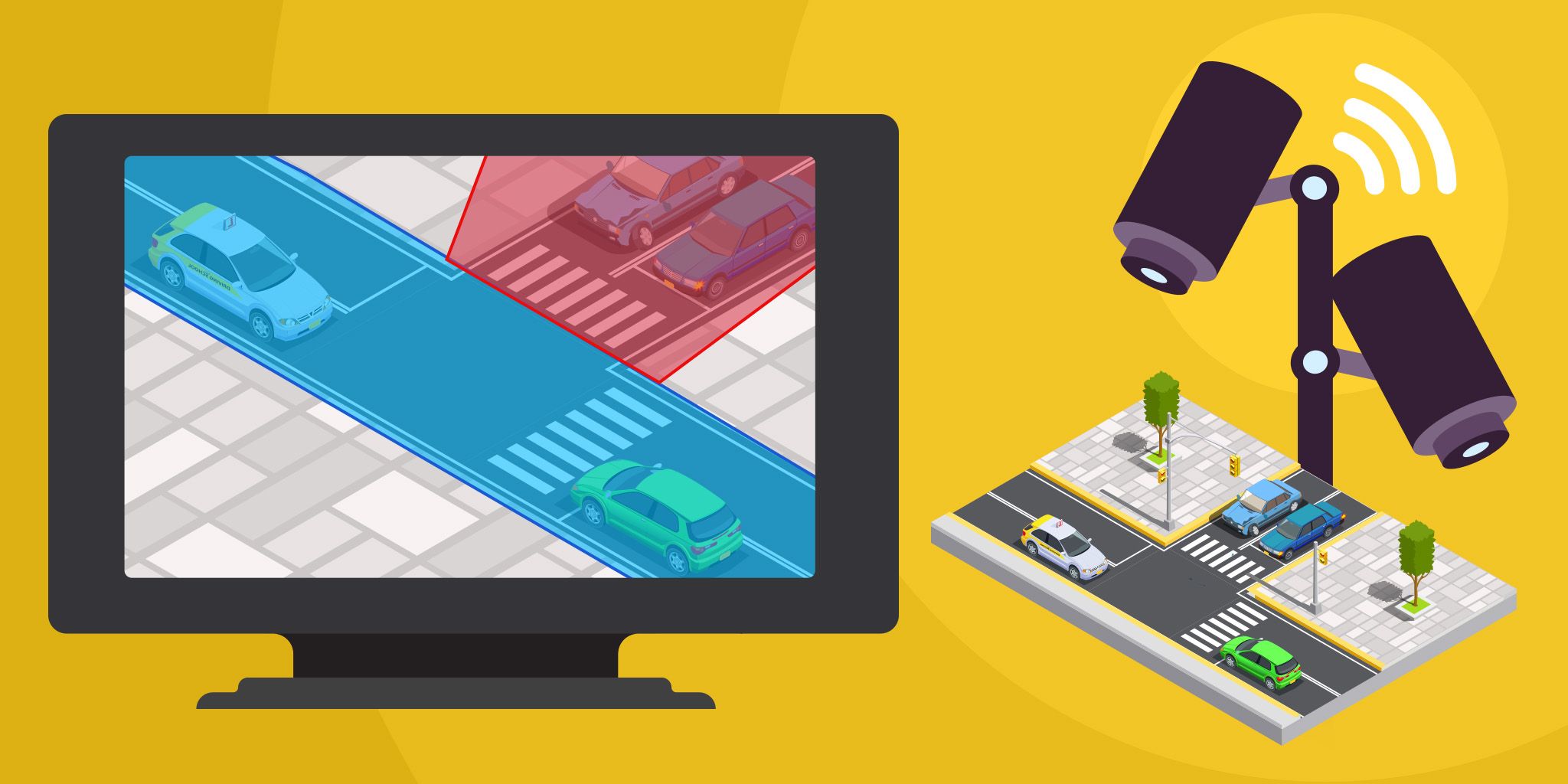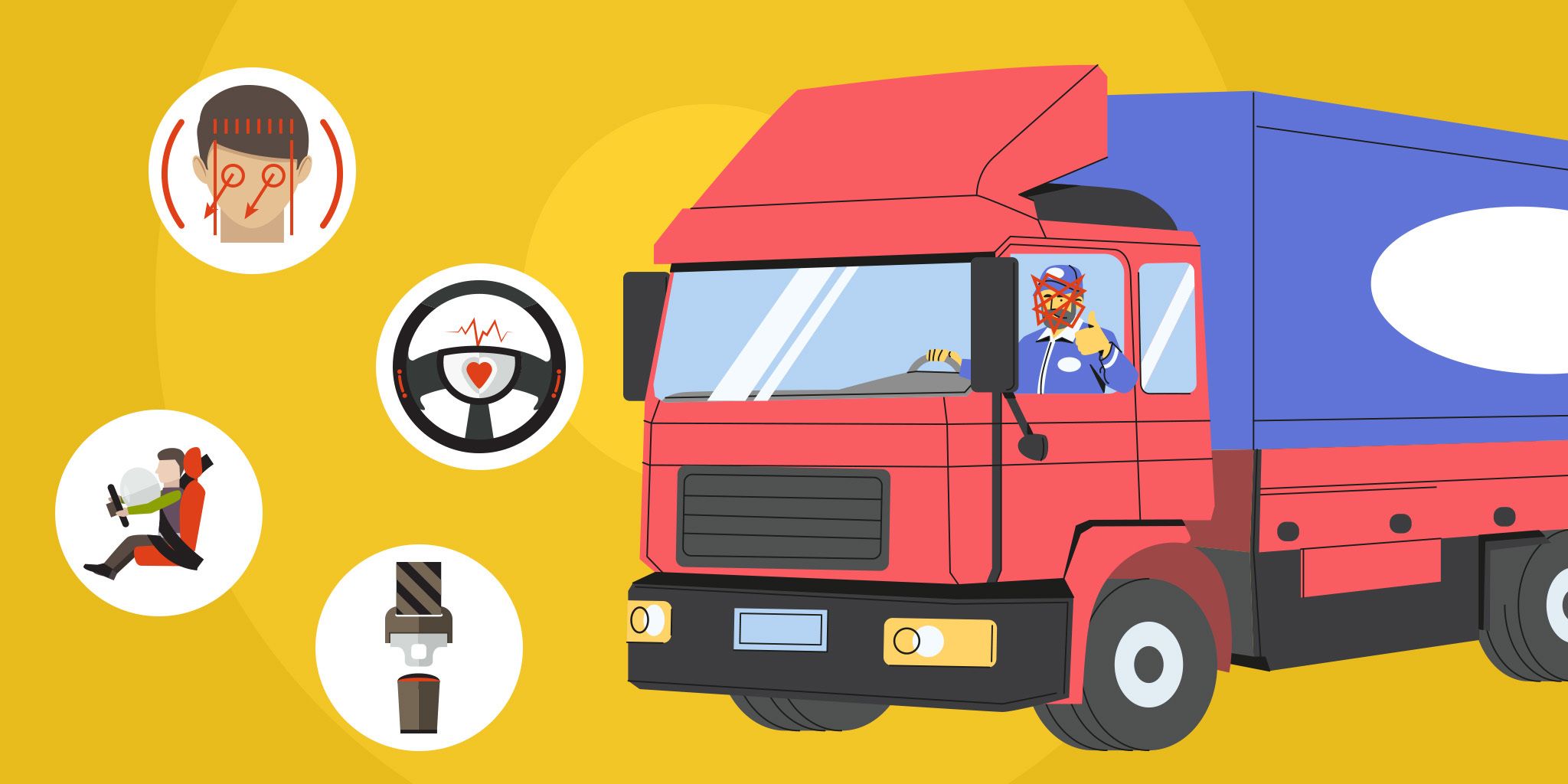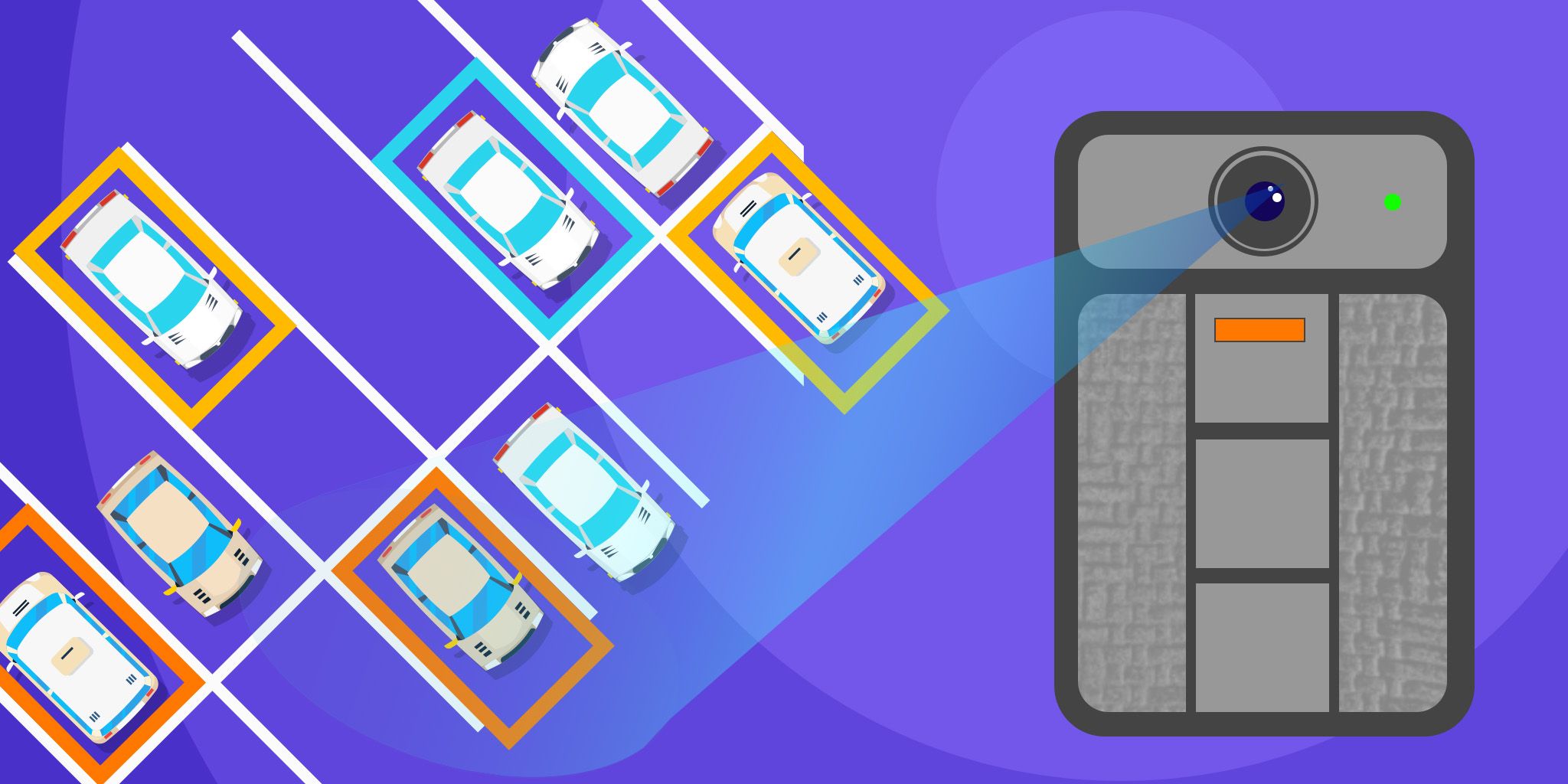What Is AIoT and How Is It Rewiring Our Connected World?
What Is AIoT and How Is It Rewiring Our Connected World?
- Last Updated: August 15, 2025
Emily Newton
- Last Updated: August 15, 2025
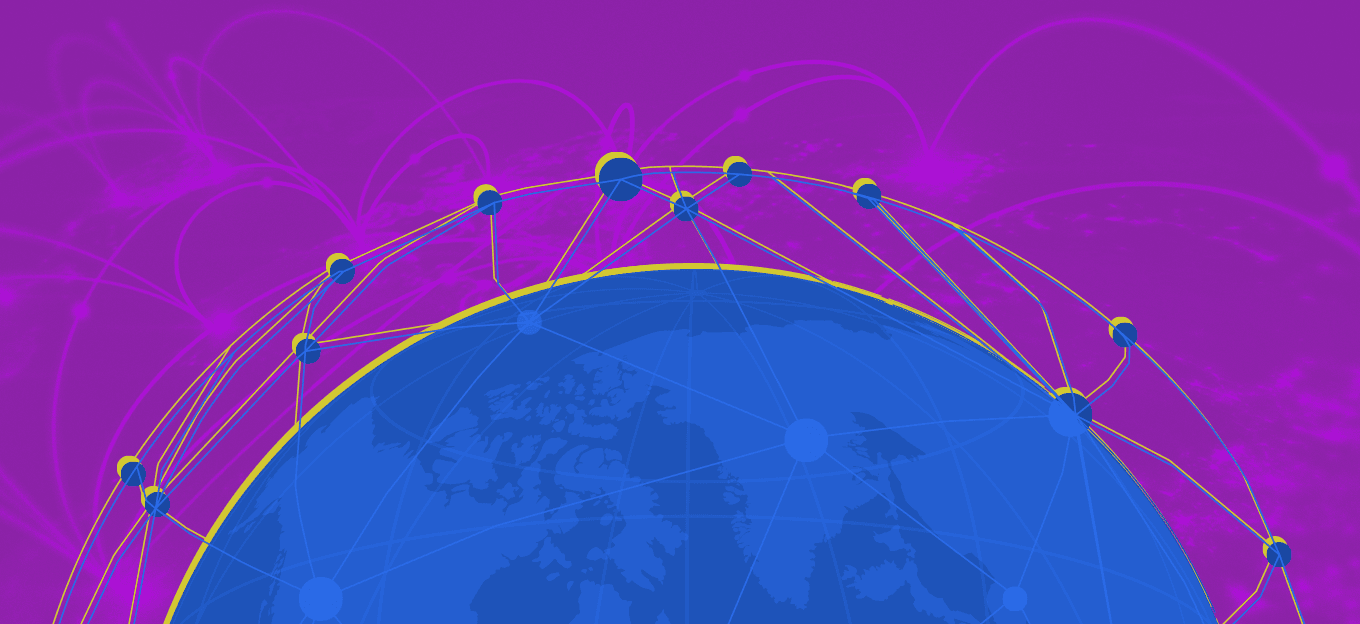


Technology is getting smarter, faster, and more responsive. From voice assistants that learn user habits to security systems that detect threats before they occur, intelligent automation is quickly becoming the new standard. The convergence of the IoT and AI powers this shift, transforming passive data collection into real-time decision-making.
Traditional IoT devices were excellent at sensing and sharing information, but they could not act independently. By adding AI, these systems can analyze patterns, learn from behavior, and optimize performance without human input. This evolution defines the Artificial Intelligence of Things (AIoT), a growing trend that unlocks the next level of automation in cities and industries.
What Is the AIoT?
AIoT creates smarter, more capable systems. While IoT connects devices and gathers data, AI adds a layer of intelligence that enables those devices to learn, make decisions, and predict outcomes. This means that connected devices can collect and send information, analyze it, adapt to changing patterns, and respond in real-time.
For example, AI can monitor thousands of IoT sensors simultaneously, check their current states, and determine whether a specific combination of readings signals a known fault or risk. If it does, the system can take immediate, automated action, such as sending alerts or triggering safety protocols. This turns reactive systems into proactive ones, which makes environments safer, more efficient, and more responsive.
How the AIoT Rewires Business Operations
With AIoT, data becomes actionable, not just available. Instead of sitting unused in dashboards or reports, real-time insights can trigger smarter, faster responses across operations. This shift boosts efficiency, cuts unnecessary costs, and automates tasks that once required manual input. These systems can detect changing conditions — such as rising energy use or unusual customer behavior — and adjust instantly without waiting for human intervention.
Whether optimizing factory workflows or adjusting in-store lighting and temperature, AIoT responds immediately and fine-tunes performance in real-time. For customers, this leads to more personalized experiences, more innovative services, and seamless interactions that reflect their needs and preferences, often before they even ask.
Everyday Applications of AIoT
AIoT is already part of everyday life, even if most people do not realize it. This tool works quietly in the background, from when someone adjusts a smart thermostat to when a traffic light changes based on road conditions. It blends data collection with intelligent decision-making to create smoother and more personalized experiences across industries and settings. Here are some of the most common ways AIoT is showing up in the real world:
- Smart homes: AIoT powers devices like smart thermostats, lighting systems, and voice assistants that automatically learn routines and adjust settings.
- Smart cities: Intelligent traffic systems and waste management sensors help cities run more efficiently and sustainably.
- Healthcare devices: Wearables and remote monitors track vitals and alert healthcare providers in real-time.
- Retail and shopping: AIoT tools analyze foot traffic, personalize promotions, manage inventor,y and create frictionless checkout experiences.
- Logistics and delivery: Route optimization and predictive maintenance help streamline operations and reduce delays.
- Agriculture: Smart sensors and AI-driven tools predict crop conditions and automate irrigation.
- Industrial automation: Factories use the AIoT for predictive maintenance, robotic automation, and quality control.
Challenges of AI in IoT Connectivity
As AIoT systems become more integrated into daily life, they raise serious questions around privacy, security, and trust. These technologies rely on vast amounts of data to function. If developers do not properly anonymize or secure that data, personal information could be exposed or misused. This tech flaw is a direct risk to people’s security.
Beyond privacy concerns, there is a growing concern about AI bias. Suppose the data used to train these systems reflects real-world inequalities or lacks diversity. The decisions AI makes can ultimately be unfair or even harmful. Ethical accountability becomes even more critical as AIoT systems gain autonomy and start making decisions in healthcare, security, and city infrastructure.
At the same time, many organizations still face infrastructure challenges. Devices may not communicate effectively across platforms, and older systems often lack the support necessary for newer AI capabilities. These gaps in interoperability and readiness slow down innovation and limit the true potential of AIoT. For this tech to deliver on its promise, it must be built with transparency, fairne,ss and security from the ground up.
How to Prepare for an AIoT-Driven Future
Businesses seeking to thrive with this innovation must adopt a proactive and thoughtful approach. This process begins with a tech audit, which involves reviewing current systems, identifying outdated infrastructure, and identifying opportunities where AIoT can enhance operations or improve customer experiences.
From there, the next step is investing in people. Employees today are eager to acquire advanced technical skills, particularly those that enable them to utilize AI to enhance the efficiency of their work and the success of their career paths. Upskilling teams in AI, machine learning basics, and data analysis boosts internal capabilities and helps create a culture of innovation.
At the same time, it is crucial to establish ethical AI frameworks to guide responsible development and usage. Companies should also prioritize cybersecurity readiness to protect customer data and business operations. With the proper strategy, talent, and trust, businesses can unlock the full potential of AIoT while staying ahead of the curve.
What is Next for AIoT?
Edge AI takes AIoT to the next level by enabling devices to process data and make decisions locally. This eliminates delays caused by sending data to the cloud and waiting for instructions, which makes systems faster and more responsive.
AIoT becomes scalable when paired with 5G's ultra-low latency and high-speed connectivity. These technologies create the foundation for hyper-connected environments, where everything from appliances to city infrastructure operates in sync and adjusts automatically.
The future can be even more connected, with over 24 billion consumer IoT devices expected to be in use globally by 2034. This surge in smart devices will power autonomous systems that sense, learn, and take action, which shapes a world where technology works seamlessly behind the scenes to improve daily life and business operations.
AIoT Matters More Than Ever
AIoT results from the powerful convergence of IoT and AI, transforming everyday experiences. This tech shift redefines how individuals live and make decisions, from homes and cities to factories and hospitals. Staying informed about this technology enables businesses to adapt, compete, and thrive in a competitive environment.
The Most Comprehensive IoT Newsletter for Enterprises
Showcasing the highest-quality content, resources, news, and insights from the world of the Internet of Things. Subscribe to remain informed and up-to-date.
New Podcast Episode

IoT in 2026: Trends and Predictions
Related Articles
